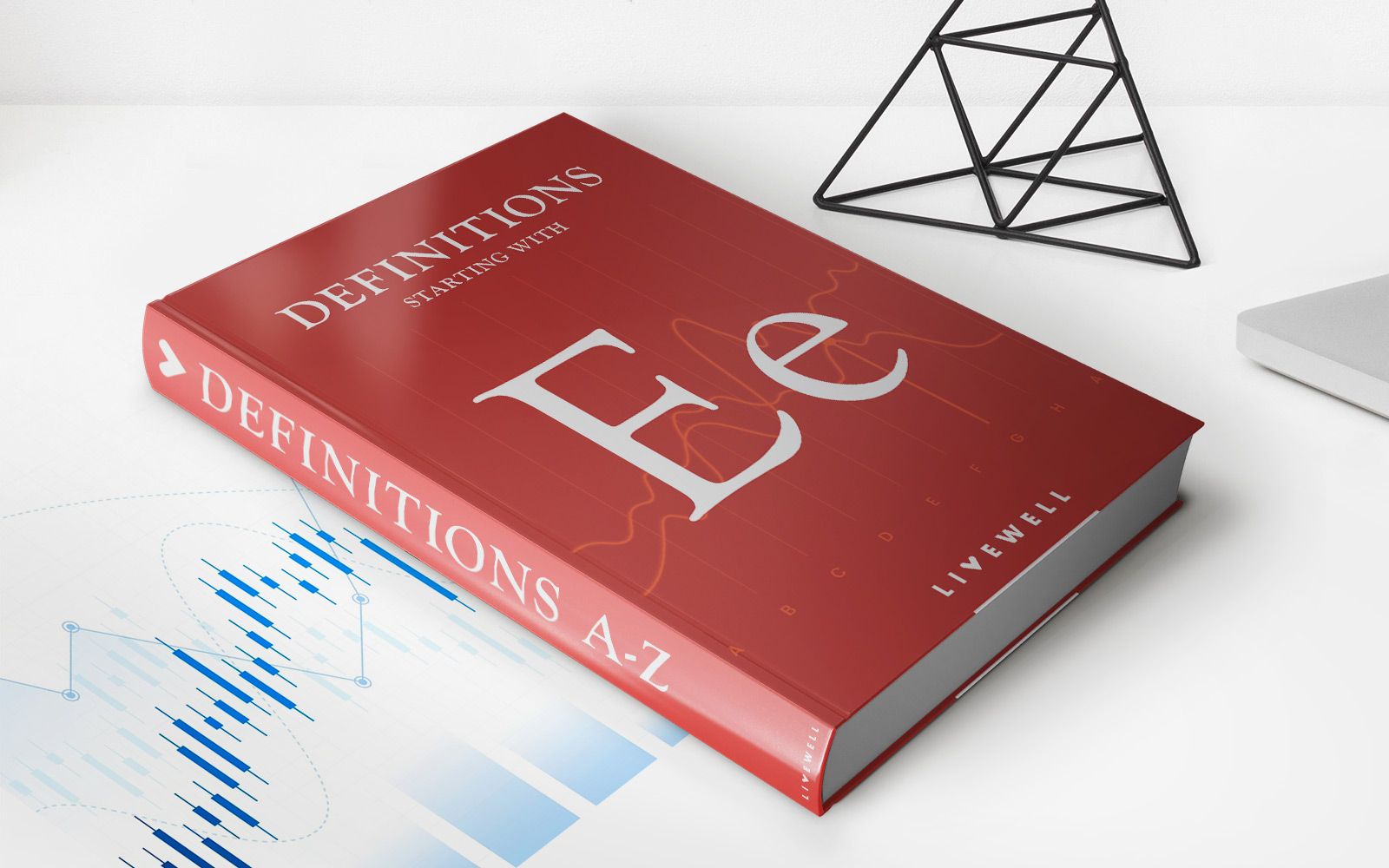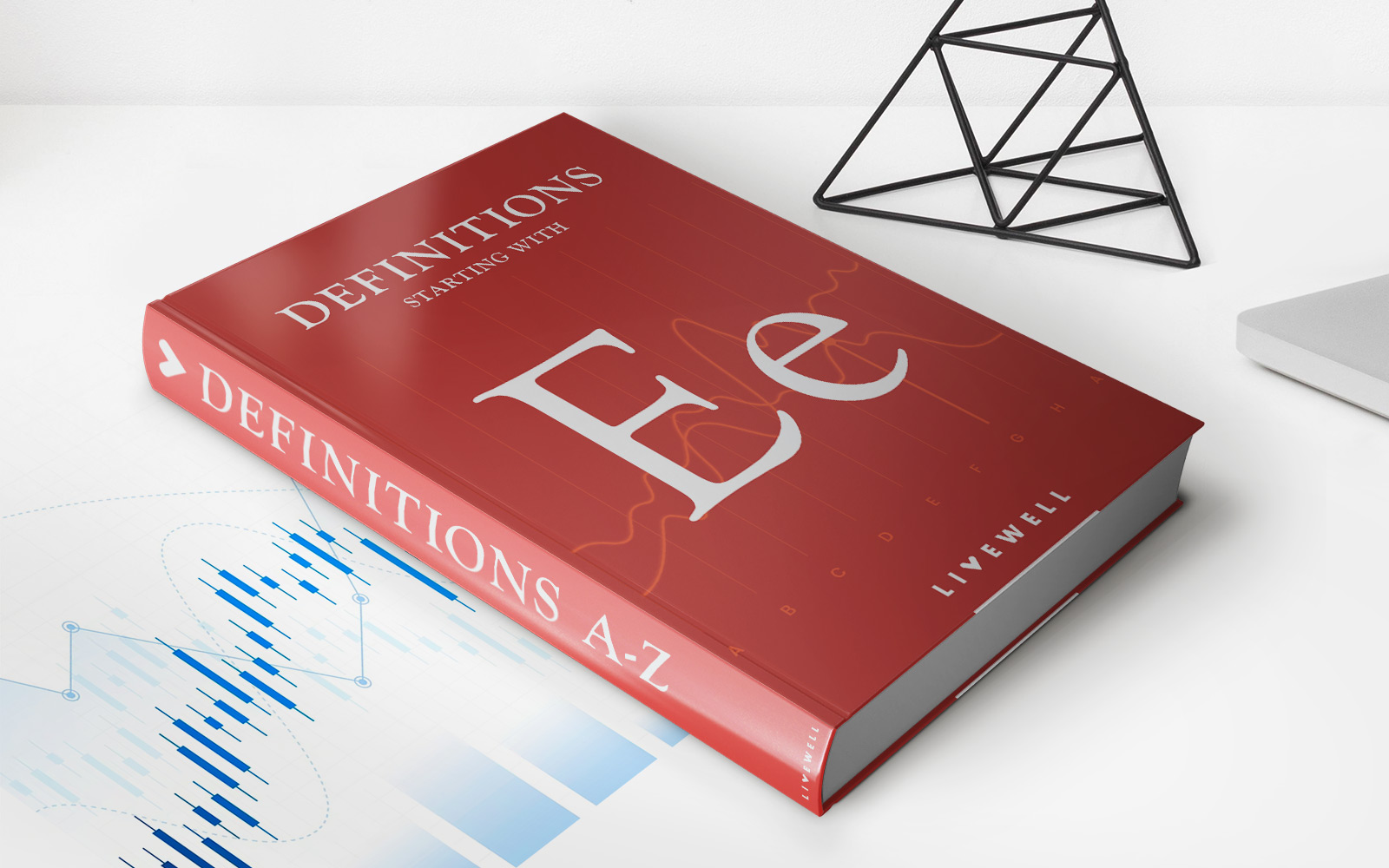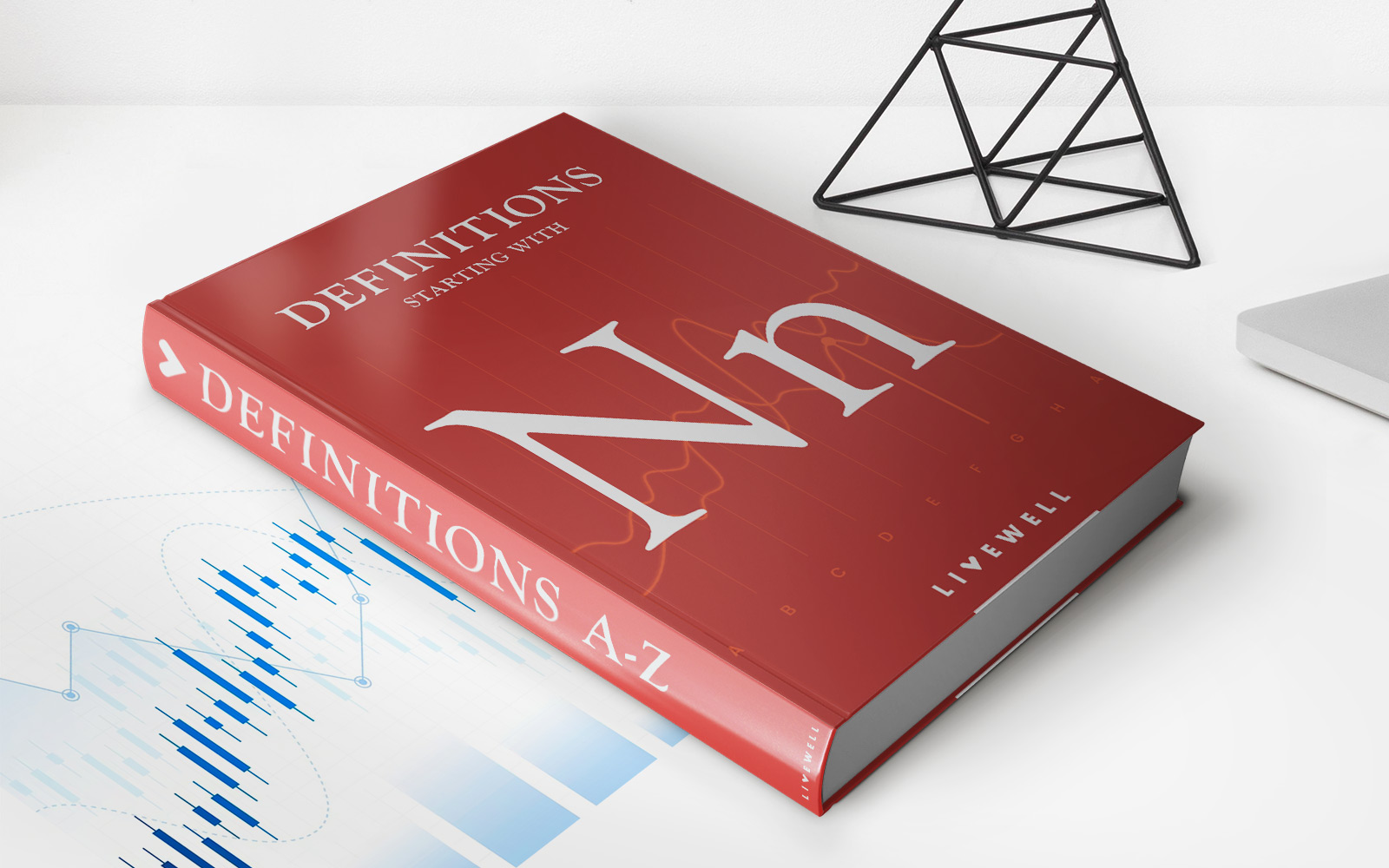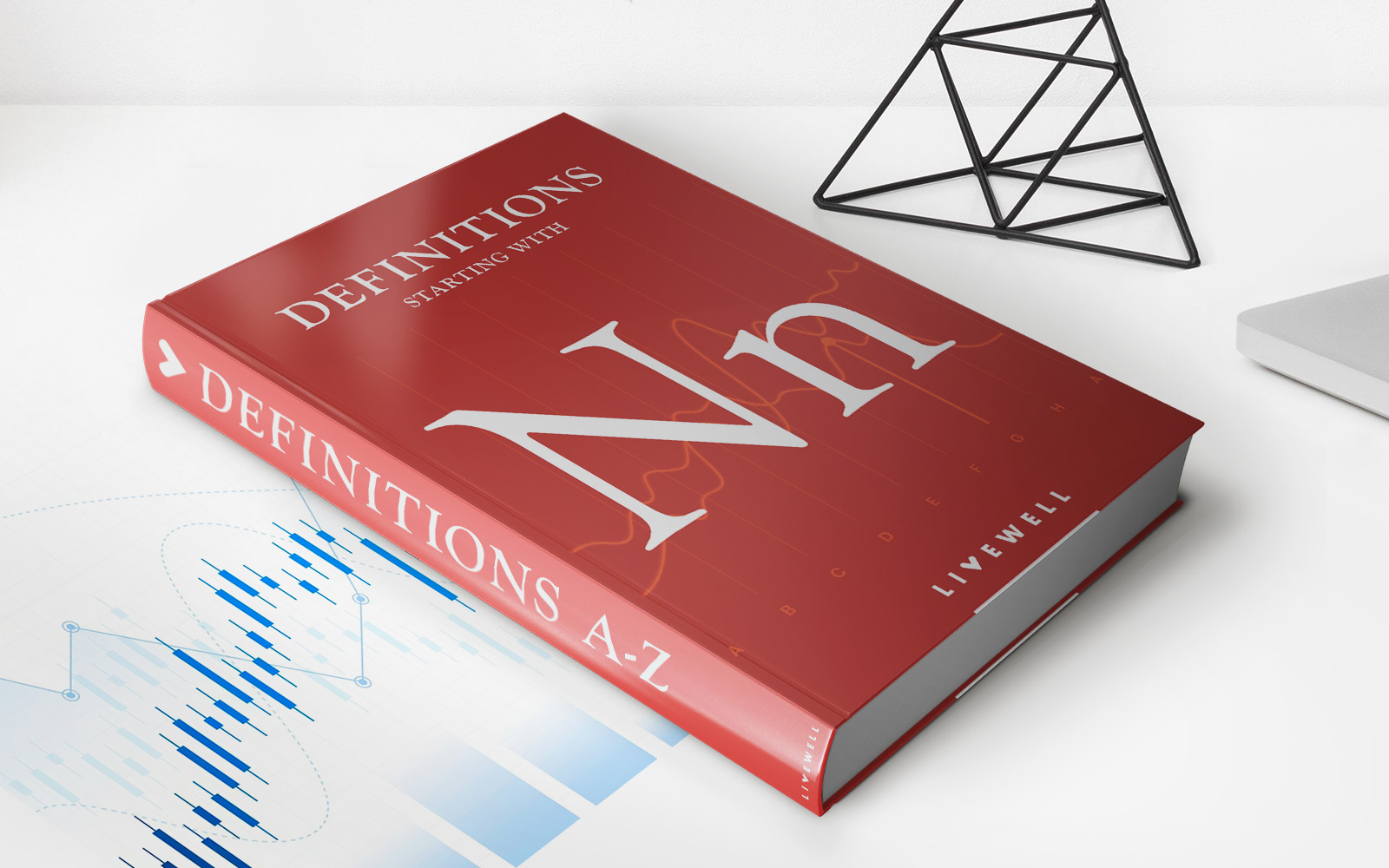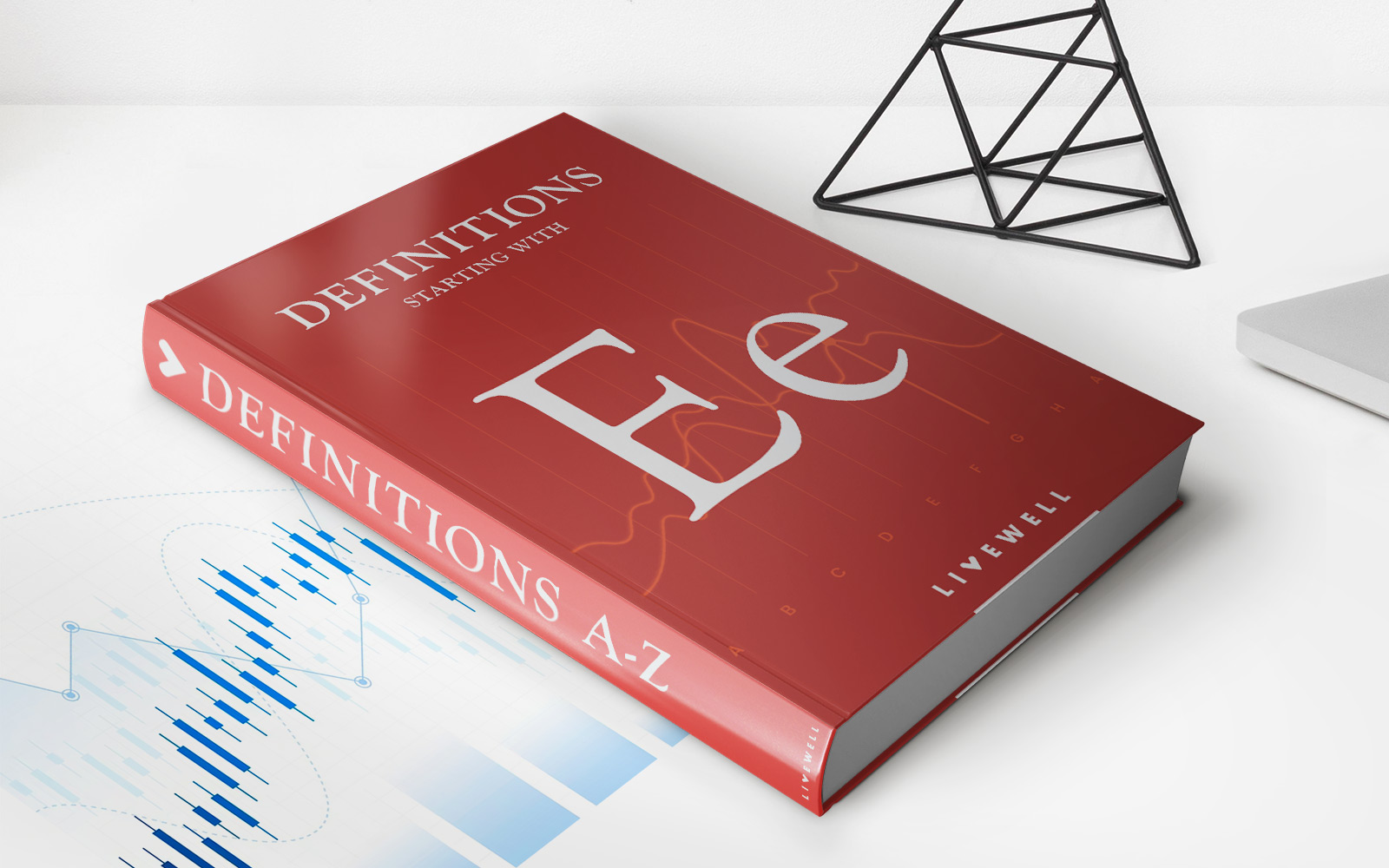Home>Finance>Useful Life Definition And Use In Depreciation Of Assets


Finance
Useful Life Definition And Use In Depreciation Of Assets
Published: February 14, 2024
Learn the useful life definition and its importance in asset depreciation. Explore how finance professionals utilize this concept to manage assets effectively.
(Many of the links in this article redirect to a specific reviewed product. Your purchase of these products through affiliate links helps to generate commission for LiveWell, at no extra cost. Learn more)
Understanding Useful Life Definition and Use in Depreciation of Assets
Welcome to our FINANCE blog category where we dive into various aspects of financial management and accounting. In this blog post, we will explore the concept of useful life and its importance in the depreciation of assets. Have you ever wondered how businesses determine the value of their assets over time? Why do some assets lose value faster than others? Let’s find out!
Key Takeaways:
- Useful life refers to the estimated duration during which an asset can generate economic benefits for a business.
- Understanding and accurately determining the useful life of assets is crucial for calculating depreciation expenses and financial planning.
What exactly is meant by the term “useful life”? Well, the useful life of an asset can be defined as the period over which it is expected to be economically usable to a business. It is an estimation and can vary depending on factors such as technology advancements, wear and tear, and economic conditions.
In the world of accounting, businesses need to determine the useful life of their assets to calculate depreciation. Depreciation is the systematic allocation of an asset’s cost over its useful life. This allows businesses to spread the cost of an asset over time and reflect its declining value in their financial statements.
So, why is it important to determine the useful life accurately? Here are a couple of reasons:
1. Financial Planning:
Accurate determination of useful life helps businesses plan their finances more effectively. It allows them to estimate future cash flows, budget for asset replacements, and make informed decisions regarding investments and financing.
2. Depreciation Expense Calculation:
Understanding the useful life enables businesses to calculate depreciation expenses accurately. Different assets have different useful lives, which impact the amount of depreciation recognized each year. A longer useful life results in lower annual depreciation expenses, while a shorter useful life leads to higher annual depreciation expenses.
Now that we understand the significance of useful life, let’s look at some factors to consider when determining it:
Factors Influencing Useful Life:
- Physical Wear and Tear: Some assets naturally wear out over time due to use, exposure to the elements, or mechanical stress. Understanding the degree of wear and tear can help estimate an asset’s useful life.
- Technological Advances: Rapid technological advancements can render certain assets obsolete sooner than expected. Keeping track of emerging technologies is essential for accurately determining the useful life of technology-dependent assets.
- Economic Conditions: Economic factors such as market demand, inflation, and business cycles can affect an asset’s useful life. A fluctuating market may result in changes to the useful life estimation.
In conclusion, the concept of useful life plays a crucial role in the depreciation of assets. Accurate determination of useful life allows businesses to plan their finances effectively and calculate depreciation expenses accurately. By considering factors such as physical wear and tear, technological advances, and economic conditions, businesses can make informed decisions about their assets and their financial future.
We hope this blog post has shed some light on the importance of useful life in the world of finance and accounting. Stay tuned for more insightful articles in our FINANCE category!





